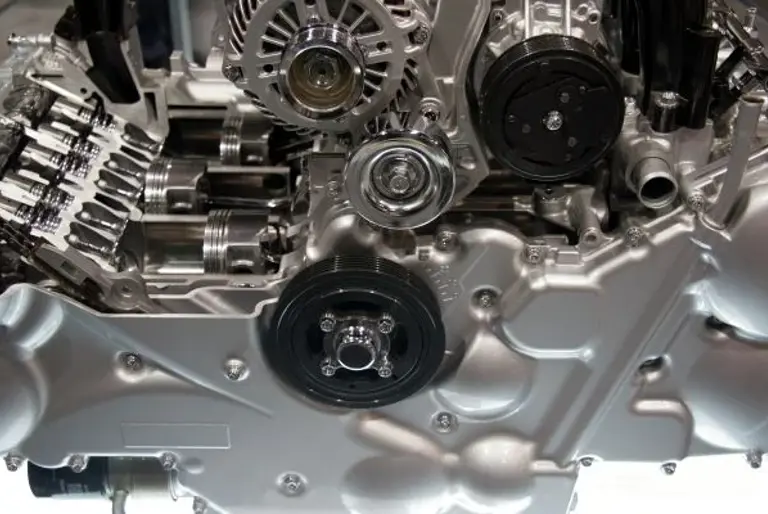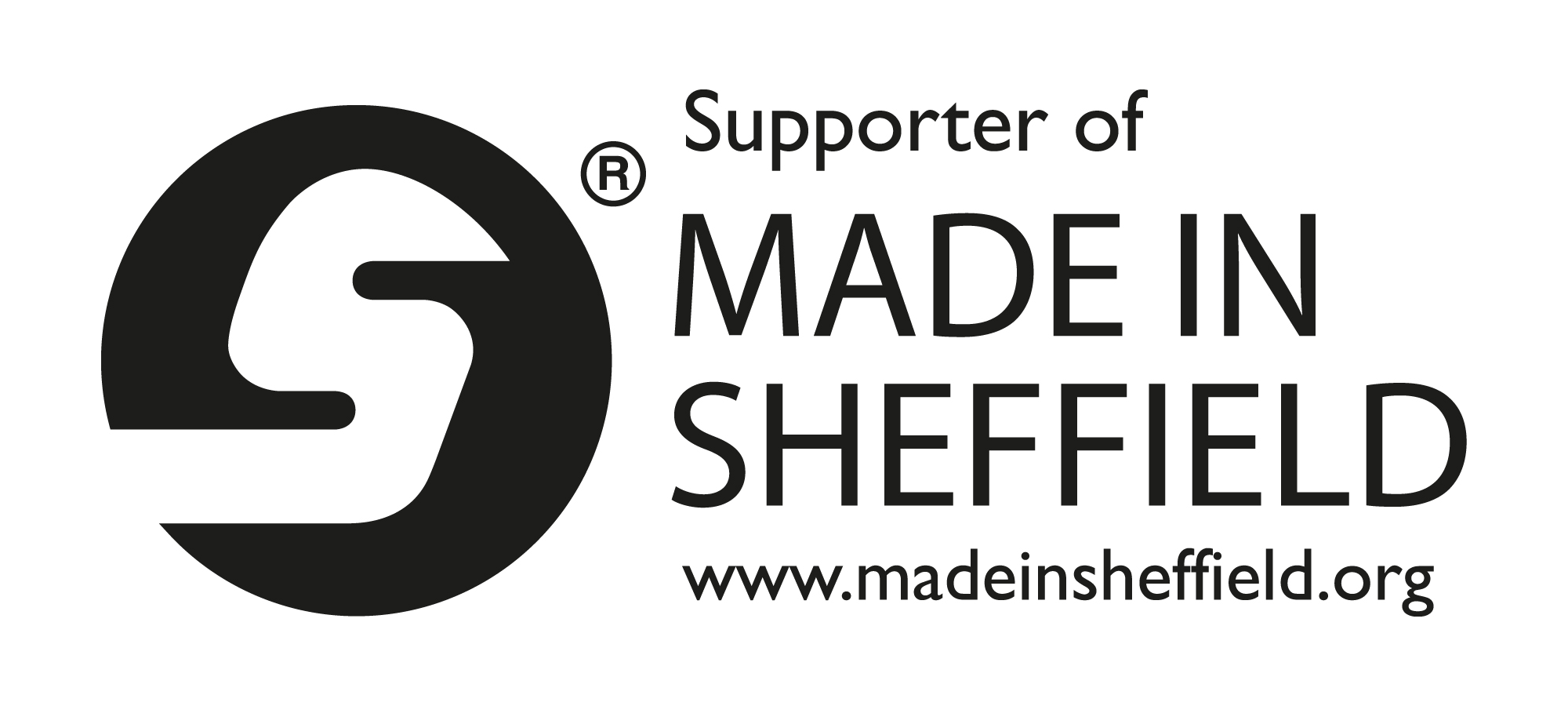Patents are the rights awarded to inventors by national states in which a monopoly is granted to the patent holder, usually for a maximum duration of 20 years from first filing, in return for a public disclosure of a new invention.

Patents are in general available for inventions which satisfy the following criteria:
- Novelty – An invention must have novelty. An invention is new if it is not part of the "state of the art", i.e. is not identical to anything which has been made publicly available before the earliest date of the patent application.
- Inventive step – An invention must involve an inventive step (or be “non obvious” in the US). Inventive step is a relative test applied in the field of the invention. Quite often the level of inventiveness required can be a lot lower than the inventor initially realises.
- Susceptible to Industrial application. – An invention is susceptible of industrial application if it can be made or used in any kind of industry, including agriculture. The large majority of inventions are capable of industrial application and patent applications rarely fail because of lack of industrial applicability.
- Not of an excluded class. – There are various excluded categories of invention for which patents cannot be granted. These categories differ from country to country. However, in general any invention which is of a technical nature, or makes a new technical contribution, or involves a novel technical effect would fall outside the exclusion, and pass this test.
- World-wide novelty applies. In general, for most states, inventions must be new over any publicly available disclosure before the first date of filing of the application anywhere. However, for some countries such as the US, there is a "grace period" which means that even after publication of the invention has occurred, valid patent protection can still be obtained provided the application is filed within one year of the original public disclosure.
- The precise scope of rights, and the extent of disclosure by the patent holder to the public are contained in a patent specification. This document, which is published by the Patent Office, typically on or around 18 months from the earliest filing date contains a description of one or more embodiments of the invention, usually with some drawings, and a set of claims. The description and drawings should be detailed enough to fulfill the patentees obligation to make a full disclosure of the invention, to enable a suitably skilled person to carry out the invention. In return, the patentee has the opportunity to define the precise scope of protection by the wording of the claims. The claims are written sentences which set out the essential technical features of the invention for which protection is claimed.
- Patents are treated as property, and can be bought, sold, or licensed in a similar manner to other types of property.
































